Eater London: A new guide to the UK capital's best food
Vox Media launches new website for food, drink and restaurant obsessives
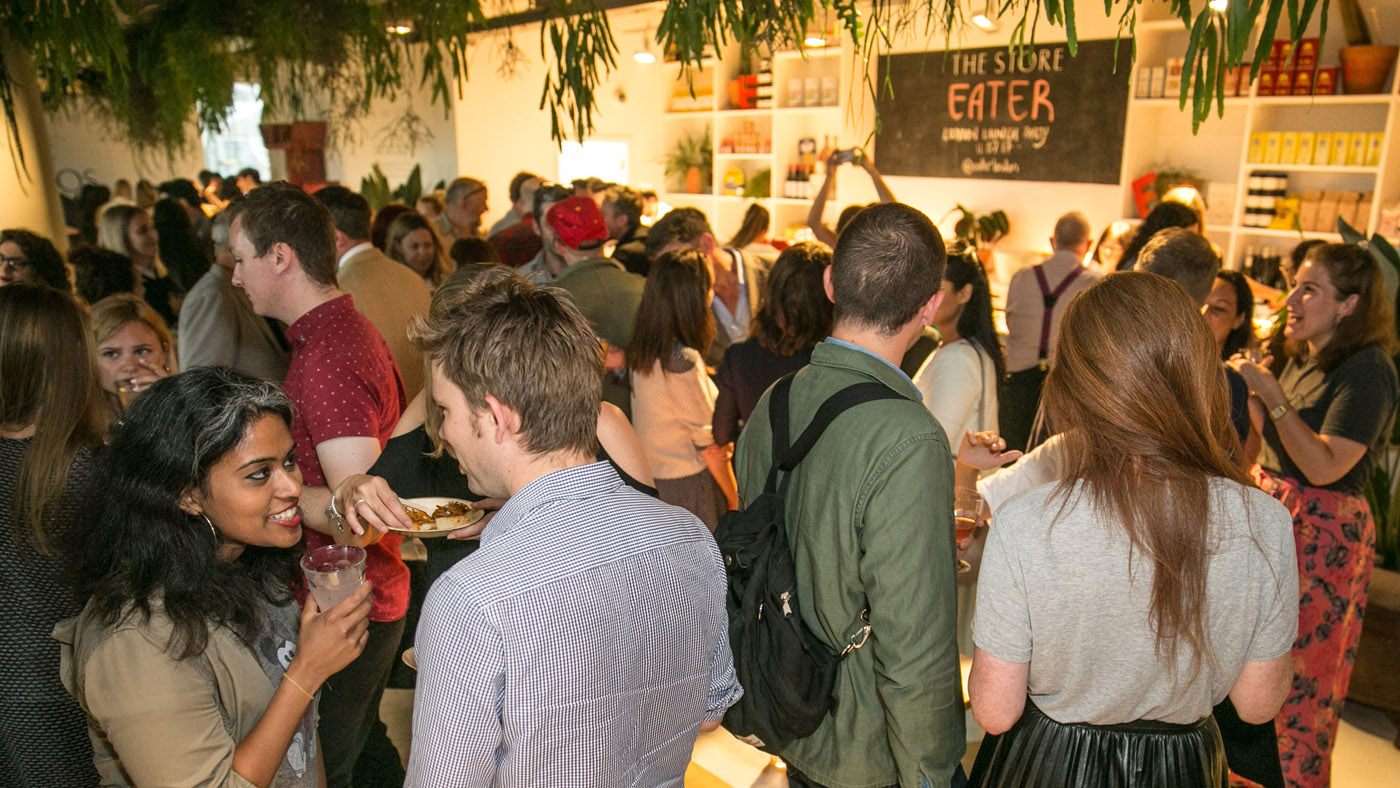
A free daily email with the biggest news stories of the day – and the best features from TheWeek.com
You are now subscribed
Your newsletter sign-up was successful
Eater, the award-winning US food and dining brand from Vox Media, launched in London yesterday and with it Eater 38 – the website's guide to the city's 38 best restaurants.
To mark the launch, The Week Portfolio caught up with Eater's London editor, Adam Coghlan, to find out why he loves eating out in the UK capital.
What makes eating out in London different from eating out in any other city?
The Week
Escape your echo chamber. Get the facts behind the news, plus analysis from multiple perspectives.

Sign up for The Week's Free Newsletters
From our morning news briefing to a weekly Good News Newsletter, get the best of The Week delivered directly to your inbox.
From our morning news briefing to a weekly Good News Newsletter, get the best of The Week delivered directly to your inbox.
In my view, there are three things: first, brilliant British cuisine at The Quality Chop House, Marksman, Rochelle Canteen and 40 Maltby Street. Second, British 'bistronomy' – high-end food in informal environments. This isn't uniquely London but London's version of it is unique. Restaurants like Lyle's, The Clove Club, The Dairy, Dabbous etc. And finally diversity – in London there is an incredible opportunity to eat a vast range of cuisines. New Malden for Korean, Shoreditch for Vietnamese, Dalston for Turkish, Edgware Road for Lebanese and Tooting and Southall for (south) Indian.
What are the most exciting food trends both in London and elsewhere at the moment?
Natural wine and innovative small plates. And also delivery: Motu Indian Takeaway is one of the best things to eat in the city right now. And it's novel.
What are London's best (and worst) restaurants?
A free daily email with the biggest news stories of the day – and the best features from TheWeek.com
It's an entirely subjective question, but my personal favourite restaurants in London are the ones that I think best represent its restaurant culture. Thus, and in no particular order: Koya Bar, Lyle's and 40 Maltby Street
About the worst, I would simply say this: It is much easier to eat badly in London than it is to eat well. That's why publications like Eater are required.
Do you have any restaurant pet peeves?
I understand why restaurants don't take reservations. But I can't say I'm a fan of queuing. I think sometimes people forget that they don't have to though. And there's always a time that the most-hyped restaurants don't have a queue. You just need to work out when.
The most annoying thing in restaurants is being instructed to "Enjoy." It's the most unsatisfactory directive that exists in the English language and it is becoming increasingly commonplace.

Name the single best meal you have ever had in London.
Probably my first ever meal at St. John Bread and Wine was the most memorable.
Name the single best meal you have ever had outside of London.
The first time I ate at Le Chateaubriand in Paris. It was at that point I really decided I wanted to write about food because I could see how it had entered culture in a new and energetic way.
What will Eater offer that other food and drinks publications do not?
A dedicated and critical resource for people who care about food and restaurants. And an independent editorial voice. And original video content.
Chefs and reviewers can often have a slightly tense relationship. How can that relationship be improved? Or is a little antipathy healthy?
To be clear, at the outset, Eater London won't be doing reviews. But it will be a critical voice. It's always the way with creators and their commentators. I think the only thing that anyone should ever care about is whether or not their critics, or indeed their cheerleaders, are fair. Am I being reasonable? If so, then it doesn't matter if people get upset. It's also important to remember that opinions are that – opinions. They're great, but they will differ. And the stronger they are, the more likely it is they will clash.
How will this culinary era be remembered?
In jest, I'd probably say by burnt hispi cabbage and skin-contact 'orange' wine.
In truth – as the period when the effects and influence of St. John and The River Cafe fully replaced the template set by alumni of the old, outmoded French school of culinary thought. The point when British, modern British and modern European cuisine got genuinely exciting in London.
-
 The ‘ravenous’ demand for Cornish minerals
The ‘ravenous’ demand for Cornish mineralsUnder the Radar Growing need for critical minerals to power tech has intensified ‘appetite’ for lithium, which could be a ‘huge boon’ for local economy
-
 Why are election experts taking Trump’s midterm threats seriously?
Why are election experts taking Trump’s midterm threats seriously?IN THE SPOTLIGHT As the president muses about polling place deployments and a centralized electoral system aimed at one-party control, lawmakers are taking this administration at its word
-
 ‘Restaurateurs have become millionaires’
‘Restaurateurs have become millionaires’Instant Opinion Opinion, comment and editorials of the day
-
 Arcadia: Tom Stoppard’s ‘masterpiece’ makes a ‘triumphant’ return
Arcadia: Tom Stoppard’s ‘masterpiece’ makes a ‘triumphant’ returnThe Week Recommends Carrie Cracknell’s revival at the Old Vic ‘grips like a thriller’
-
 American Psycho: a ‘hypnotic’ adaptation of the Bret Easton Ellis classic
American Psycho: a ‘hypnotic’ adaptation of the Bret Easton Ellis classicThe Week Recommends Rupert Goold’s musical has ‘demonic razzle dazzle’ in spades
-
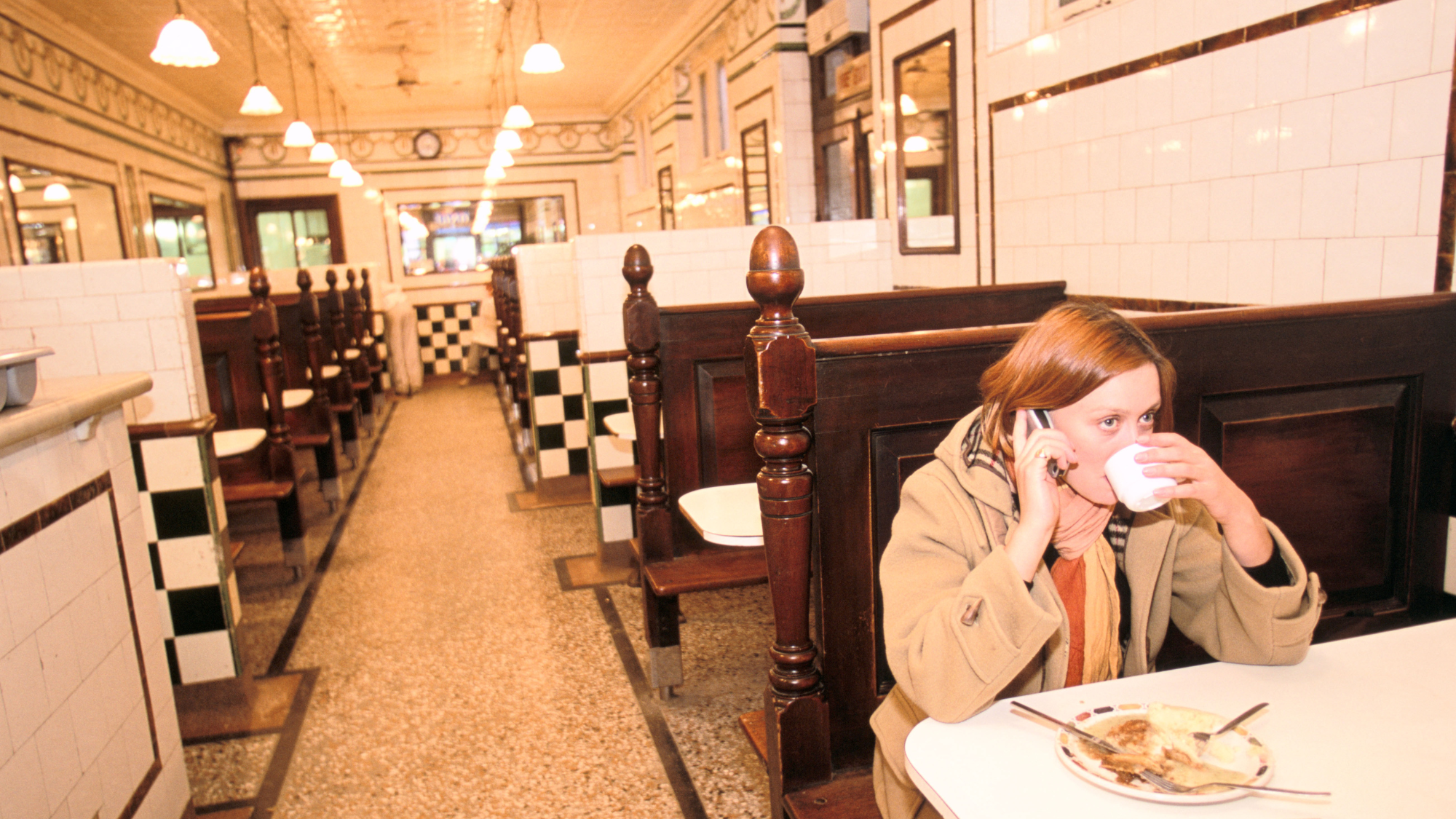 Can London’s pie and mash shops make a comeback?
Can London’s pie and mash shops make a comeback?Under the Radar Traditional East End eateries are on the ‘brink of extinction’ – but a younger generation is giving the Cockney cuisine an unexpected boost
-
 Breaking news: the rise of ‘smash hit’ rage rooms
Breaking news: the rise of ‘smash hit’ rage roomsUnder the Radar Paying to vent your anger on furniture is all the rage but experts are sceptical
-
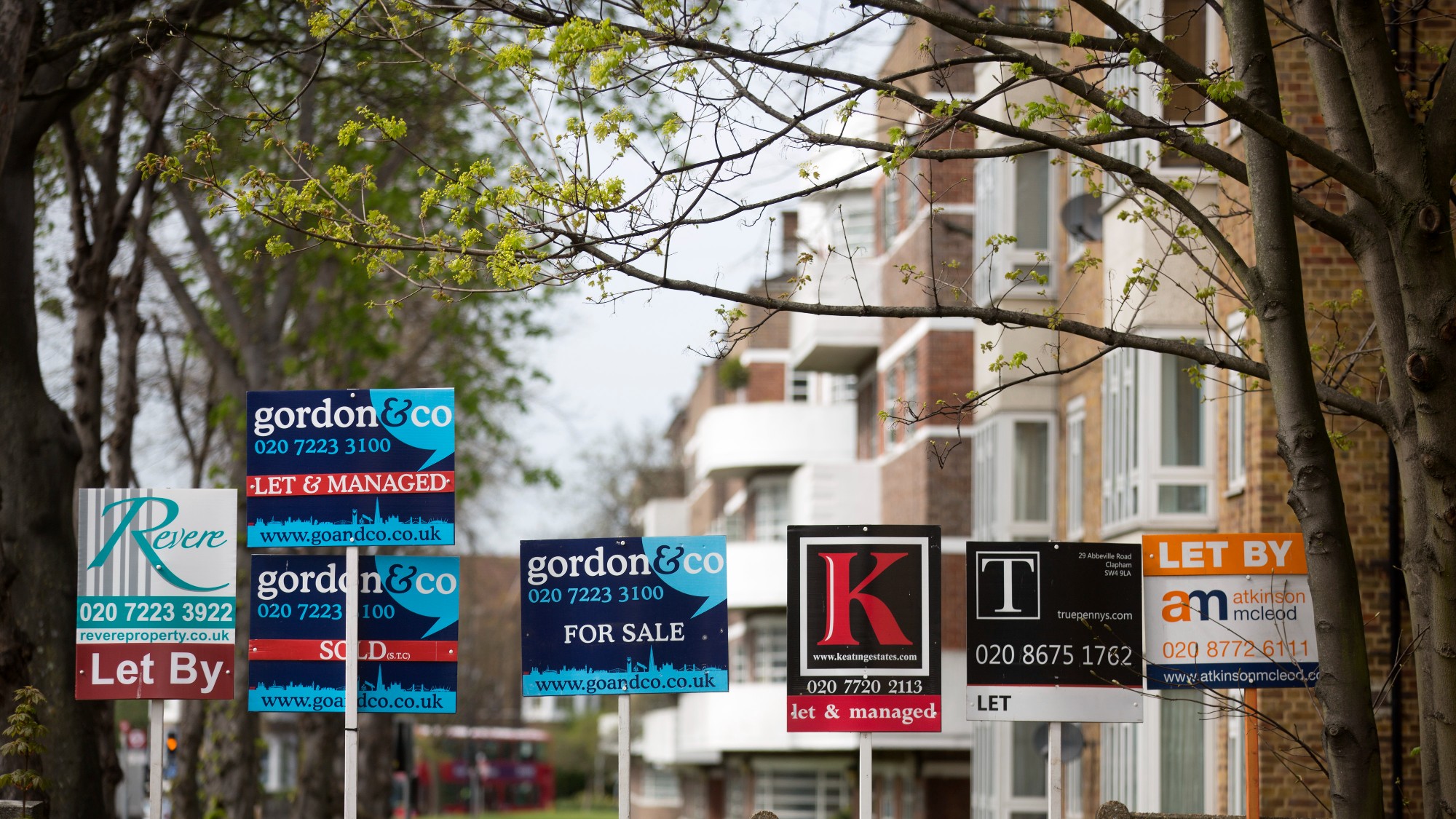 Why is London’s property market slumping?
Why is London’s property market slumping?Today's Big Question Some sellers have reported losses of hundreds of thousands of pounds
-
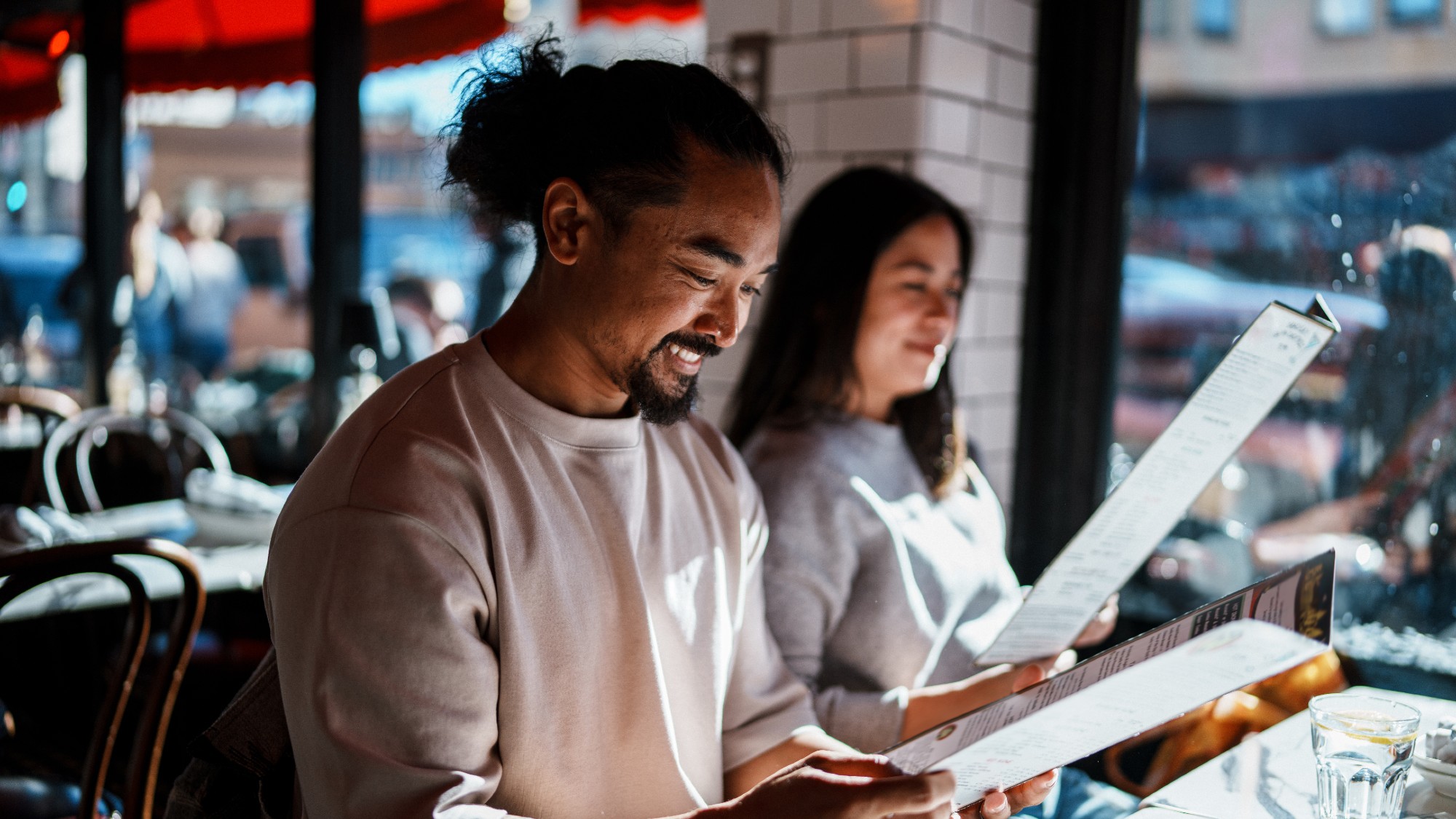 8 restaurants that are exactly what you need this winter
8 restaurants that are exactly what you need this winterThe Week Recommends Old standards and exciting newcomers alike
-
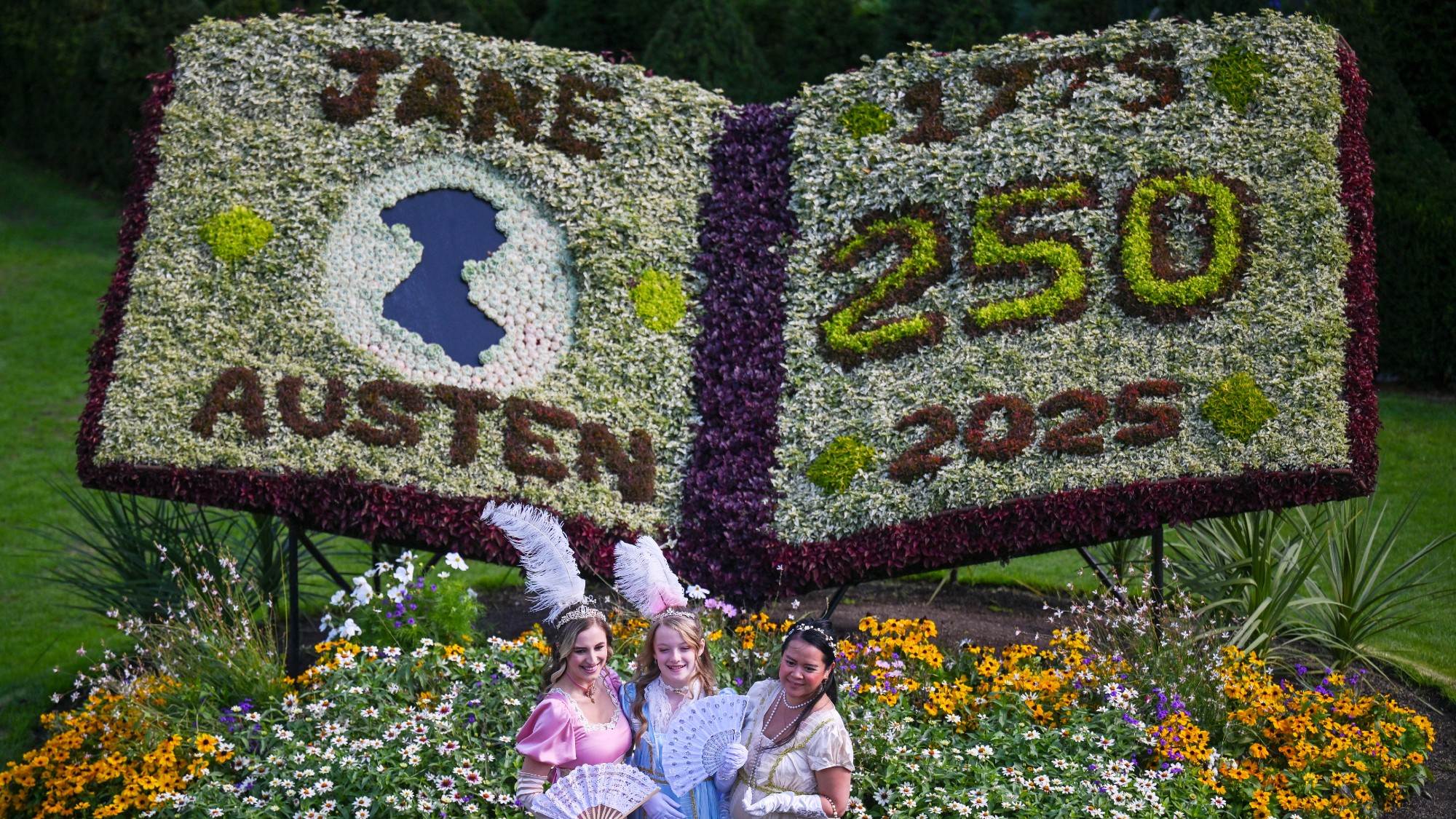 Jane Austen lives on at these timeless hotels
Jane Austen lives on at these timeless hotelsThe Week Recommends Here’s where to celebrate the writing legend’s 250th birthday
-
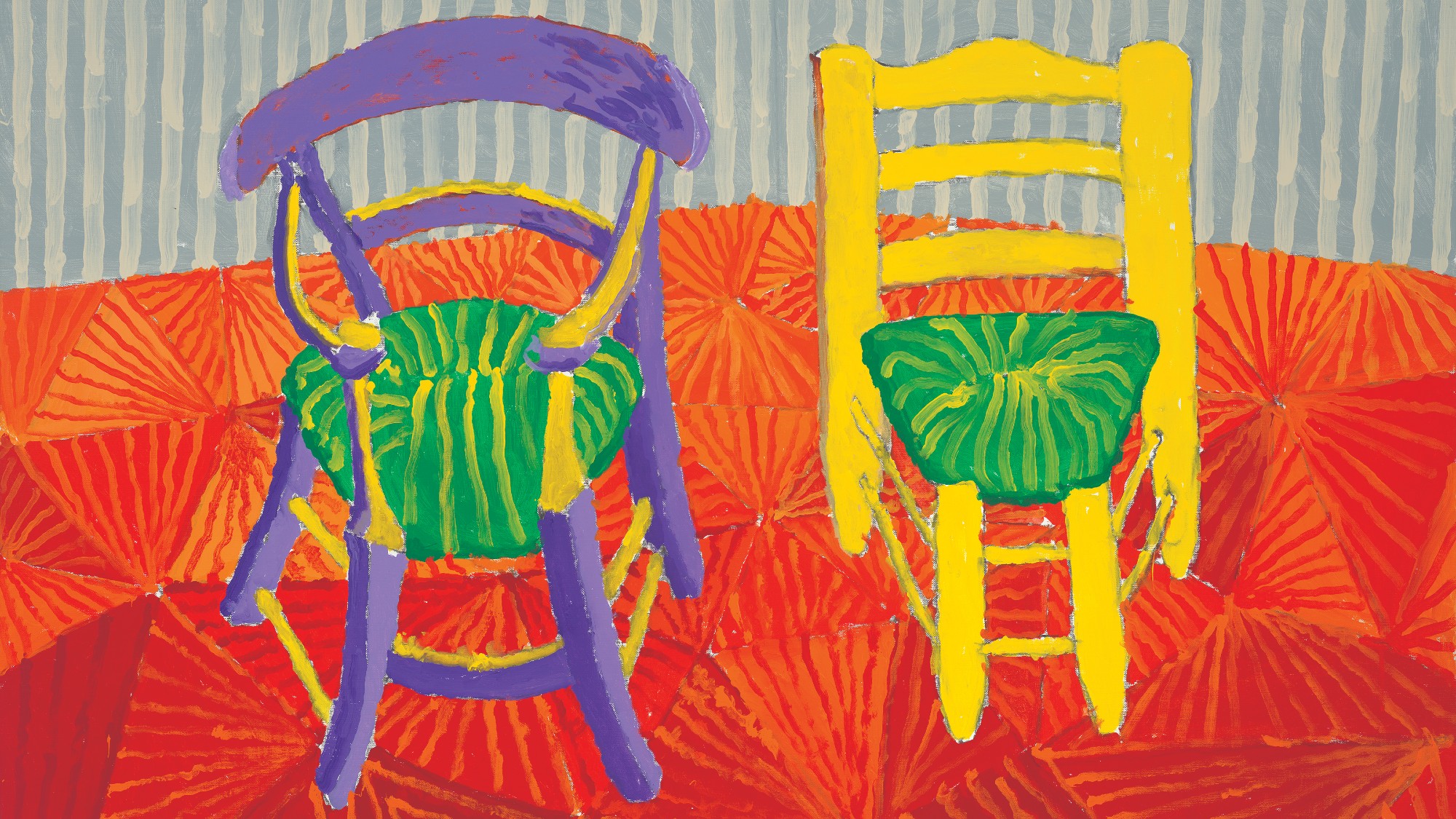 David Hockney at Annely Juda: an ‘eye-popping’ exhibition
David Hockney at Annely Juda: an ‘eye-popping’ exhibitionThe Week Recommends ‘Some Very, Very, Very New Paintings Not Yet Shown in Paris’ testifies to the artist’s ‘extraordinary vitality’ and ‘childlike curiosity’